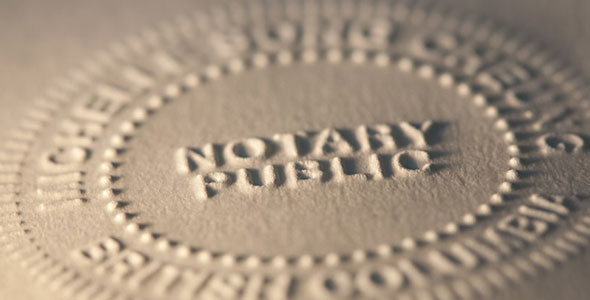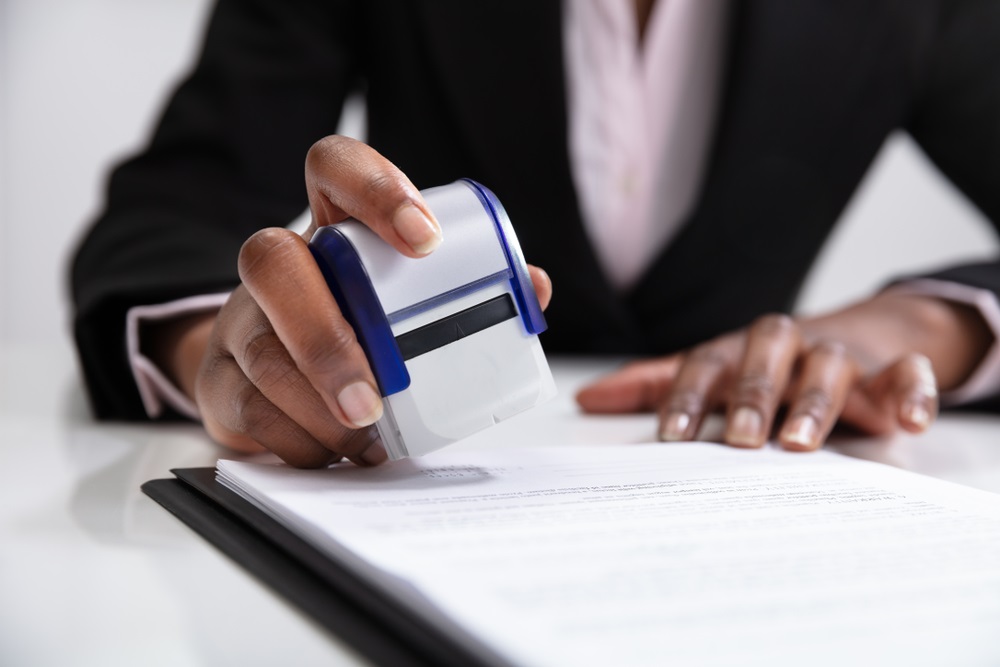DIRCO Regulations Demystified: A Guide to Diplomatic Protocol
DIRCO Regulations Demystified: A Guide to Diplomatic Protocol
Blog Article
Demystifying Notarial Job: Simplifying the Duty and Value of Notaries
In the elaborate internet of lawful documentation and verification, notaries stand as columns of assurance and authenticity. Their function, usually shrouded in mystery for many, lugs significant weight in making certain the validity and integrity of essential documents. As guardians of validity and fact, notaries play a crucial component in our society, yet their job is not always completely comprehended. By unwinding the complexities bordering notarial methods and dropping light on the relevance of their acts, a more clear understanding arises of the important function notaries play in supporting the fabric of legal and lawful contracts.
The History of Notarial Work
How did notarial job advance gradually to become an essential part of lawful and company purchases? The background of notarial job dates back to old human beings, where scribes played a crucial duty in recording important information and validating records. As cultures progressed, the demand for a more formalized system to ensure the legitimacy of contracts emerged. This brought about the advancement of notaries, people selected by the state to function as unbiased witnesses in lawful matters.
Throughout the Middle Ages, notaries got prestige in Europe, with their features broadening to consist of composing lawful documents, accrediting trademarks, and maintaining records. The increase of international trade even more emphasized the relevance of notarial work in confirming agreements and agreements across borders.
In the contemporary age, notaries remain to play a vital function in legal and company purchases by validating identifications, confirming the credibility of papers, and protecting against scams. Their function in certifying the credibility of agreements adds a layer of security and count on to the ever-evolving landscape of commerce and legislation.

Obligations and Duties of Notaries
Notaries play an essential role in validating the authenticity of documents and the identification of signatories. One of their main responsibilities is to witness the finalizing of essential records, such as acts, contracts, and wills, to guarantee that all events are entering right into agreements purposefully and voluntarily.
They accredit copies of original files, supplying guarantee to establishments that the duplicates are true reproductions of the originals. Generally, the duties and responsibilities of notaries are vital in protecting the stability and legitimacy of various files and transactions - Notary.
Notarial Certificates and Signatures
Exemplifying precise focus to detail, notarial certificates and trademarks function as important parts in confirming the credibility of legal papers. Notarial certifications generally consist of critical information such as the date of notarization, the names of the signatories, a summary of the paper, and the notary's main seal. These certificates provide a clear document of the notarial act, guaranteeing that the document can be conveniently identified and traced back to the notary who managed the procedure.
Trademarks play a pivotal function in notarial job, as they indicate the contract and approval of the parties entailed. Notaries carefully witness the finalizing of documents to useful content validate the identity of the signatures and confirm that they are authorizing of their own free choice. By affixing their main seal and trademark to the file, notaries certify that the essential procedures have actually been complied with which the file is enforceable and valid.
Essentially, notarial certificates and trademarks are the trademark of credibility in legal deals, providing guarantee to all parties included that the documents are reputable and binding.
Value of Notarial Acts

Notarization Process Discussed
Explaining the notarization procedure provides quality on the crucial actions entailed in verifying lawful documents. The notarization process normally starts with the private offering the record to a notary public. The notary after that confirms the endorser's identification through acceptable recognition techniques. Once the identity is verified, the notary guarantees that the private authorizing the record does so willingly and without any browbeating.

Verdict

Notarial certifications commonly consist of crucial info such as the date of registration, the names of the signatories, a description of the record, and the notary's official seal. These certificates offer a clear document of the notarial act, guaranteeing that the file can be easily determined and traced back to the notary that looked after the process.
By affixing their official seal and signature to the record, blog here notaries certify that the needed procedures have been complied with and that the file is enforceable and legitimate.
By verifying the identity of the notaries, verifying their desire to enter right into the agreement, and certifying the date and area of the finalizing, notaries play a vital function in promoting the validity of lawful documents.After the record is signed, the notary will attach their top article main seal or stamp onto the document.
Report this page